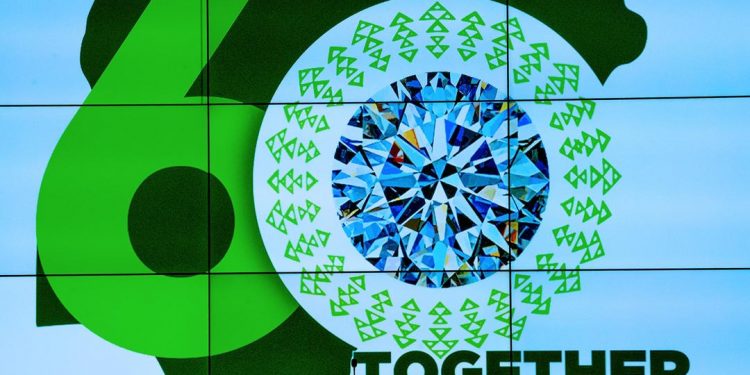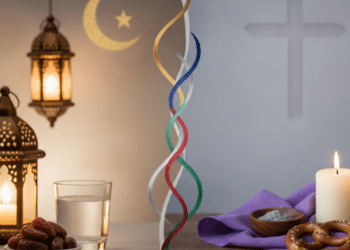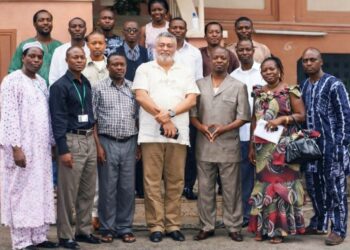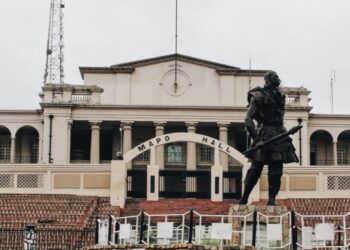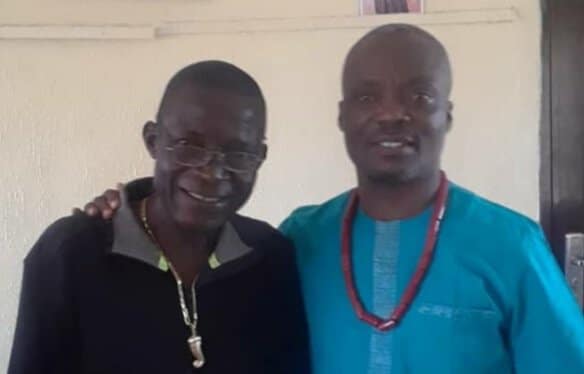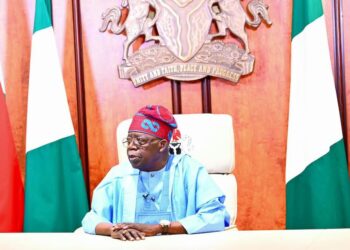Just as many other countries of the African continent, Nigeria experienced many years of the colonial regime of European countries. Due to the specific features of the African technical and cultural development, most tribes could not oppose Europeans with their guns, warships and other weapons. This is why the locals were eventually subdued by white colonial powers quite easily.
Colonization on the continent brought many cultural effects. Local religions, traditions and culture were oppressed and replaced by European ones. No wonder that one-day local tribes started to think of freedom. Actually, the very first day of the colonization was the beginning of the rebellion. It grew for many years until there appeared strong spirits who were able to lead others and conduct the struggle for freedom.
Somewhere between 1922 and 1959 Nigerians began to agitate for freedom after so many years of the British rule. Some famous and courageous men started struggling for the awakening of the Nigerian national spirit. It was an unexpected turn for the British colonists and they started to think about the ways of regaining control over the colonized lands.
For instance, they created several new constitutions that were supposed to calm down people’s rebellious moods. However, all these steps were not effective enough to make people forget about their life under colonial rule and calm down their intention to have freedom. On October 27, 1958, the United Kingdom came to the conclusion that it would be better for Nigeria to become an independent state. At midnight on October 1960, Nigeria became independent and a new flag was created to replace the Union Jack. The national anthem was changed, too. “God Save the Queen” was no longer welcomed. It was replaced with “Nigeria We Hail Thee.”
Nigeria officially named the Federal Republic of Nigeria, is a diverse West African country. Nicknamed the “Giant of Africa,” Nigeria is home to hundreds of different ethnicities, languages and butterfly species.
Nigeria, this year, celebrates her 60 years of Independence. The President Muhammadu Buhari-led Federal Government said Nigeria’s 60th Independence Anniversary celebration will be observed for a whole year, ending September 30th, 2021.
Here are 10 interesting facts about Nigeria
1. Nigeria is the seventh-most populous country in the world, home to more than 200 million people. While that may be a lot of people, population numbers would likely be even higher if it weren’t for the country’s high mortality rates and low life expectancy.
2. While there are a number of different religions practised in Nigeria, the majority of the population is either Christian or Muslim
3. The town of Igbo-Ora is known as the nation’s home of twins. Many of the local Yoruba people believe their consumption of yams and okra leaves to be the cause of their high birth rate of twins. While some fertility experts believe that certain yams contain a natural hormone that could cause multiple ovulation, there is no scientific evidence of this phenomenon.
4. Nigeria is a diverse multiethnic country with more than 520 spoken languages. While English is the official language, Hausa, Yoruba and Igbo are also major languages in the country.
5. Lagos, the former capital of Nigeria before being moved to Abuja, is the country’s largest and most populous city and has been dubbed “Africa’s Big Apple,” in reference to New York City.
6. The country’s film industry, known as Nollywood, is one of the largest film producers in the world, second only to India’s Bollywood.
7. Nigeria is home to Aliko Dangote, the richest man in Africa. Dangote’s business interests in agriculture, banking, cement, manufacturing, salt and sugar have earned his net worth of more than $12 billion.
8. Largely due to its export market, Nigeria is the largest economy in Africa. While the agricultural industry accounts for approximately 70 per cent of the country’s employment, petroleum products are the primary export—accounting for more than 90 per cent of Nigeria’s exports.
9. Like in other African countries, some Nigerians consider the left hand to be unclean and using it to be a sign of disrespect. Those that believe this do not eat, shake hands or receive items with their left hand.
10. Despite gaining their independence in 1960, Nigeria has remained a member of the British Commonwealth, an association of 53 sovereign states. The country is also a member of the African Union.


